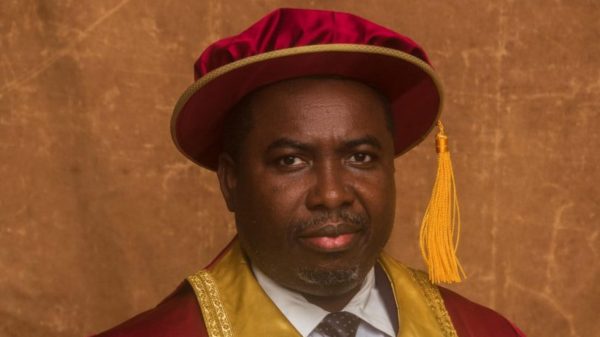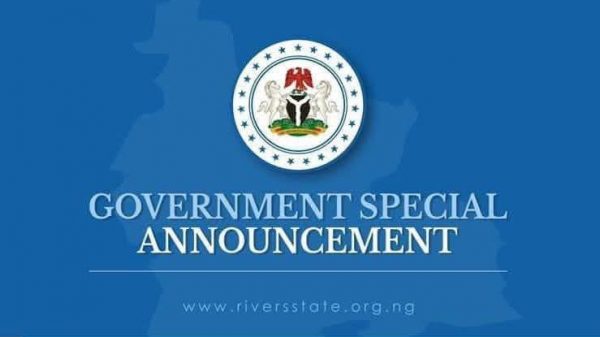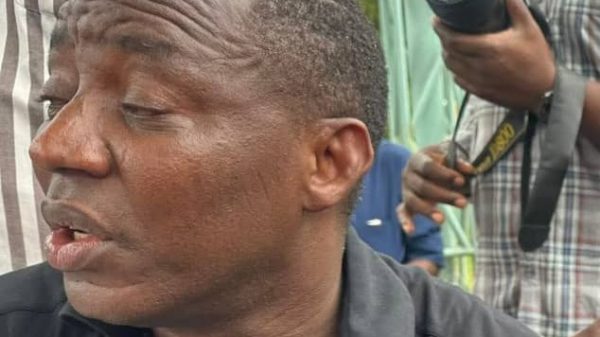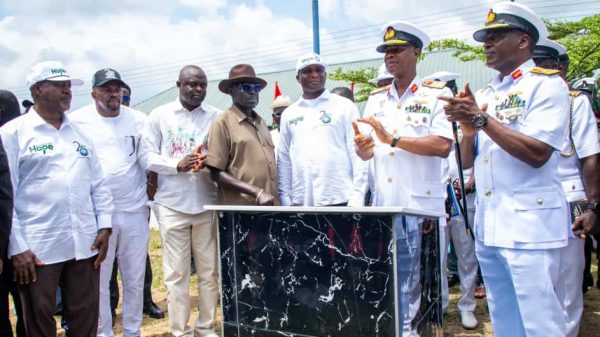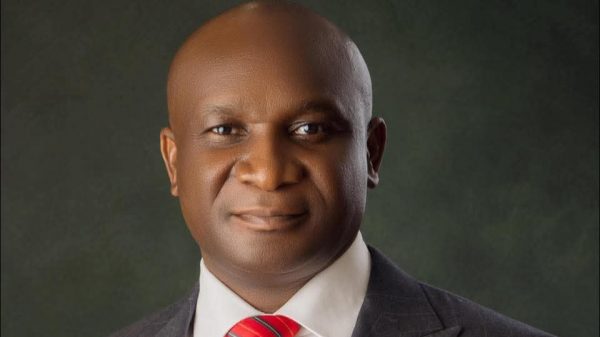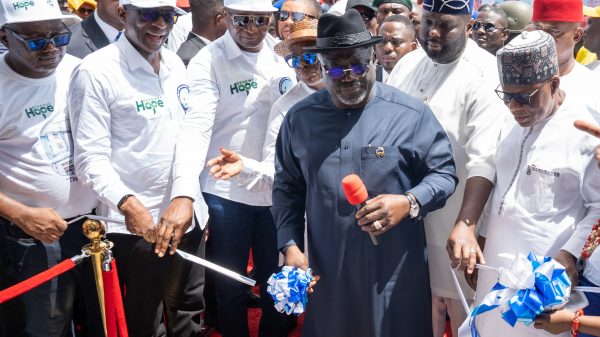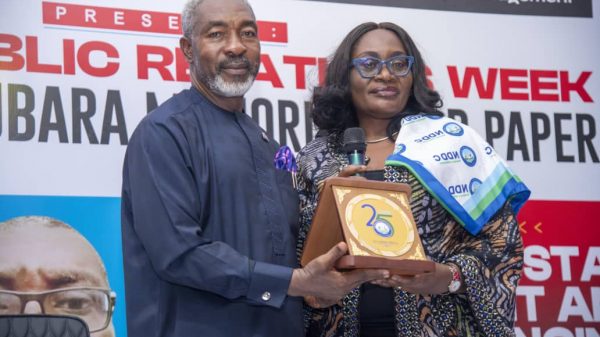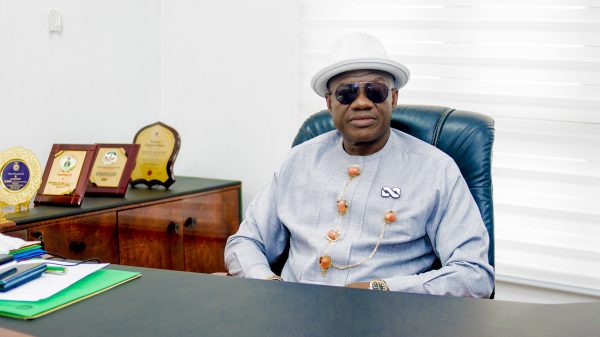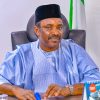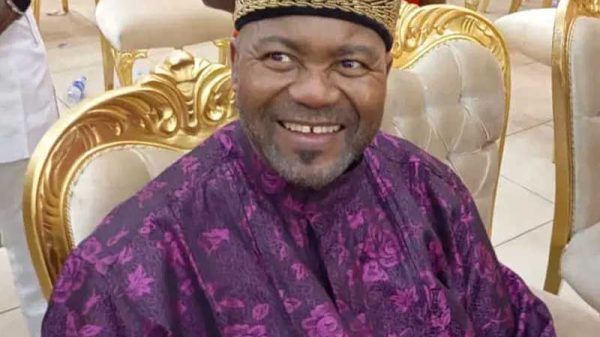In a statement issued on Friday and signed by Gift Seddon, Chief Information Officer of the Federal Ministry of Transportation, the minister made these disclosures.
Speaking before the Joint Committees at the National Assembly in Abuja, Alkali reaffirmed the Ministry’s dedication to implementing Nigeria’s Integrated Infrastructure Master Plan.
He explained that the proposed 2025 budget aims to build on the achievements of the 2024 Appropriations Act, ensuring continuity in the government’s development agenda.
“To maintain the progress achieved under the 2024 Appropriations Act, additional funding is necessary in this financial year to enhance existing infrastructure across all agencies within the Ministry,” Alkali stated.
The minister emphasized that the budget proposal aligns with the administration’s Renewed Hope Agenda, particularly focusing on rail modernization and other land transportation projects. He also urged the National Assembly to continue supporting efforts to secure counterpart funding through loans, despite existing challenges.
Alkali underscored the vital role of transportation in national development, calling it “a catalyst for economic growth and a gateway to the nation’s economy.”
Reviewing the Ministry’s 2024 accomplishments, he highlighted the successful rehabilitation of the narrow-gauge railway from Lagos to Kano, which is now operational for freight transport between Lagos Port and the Dala Inland Dry Port in Kano—an achievement that significantly boosts economic activity.
Additionally, Alkali informed the Joint Committees about the commissioning of a 62km rail corridor connecting Port Harcourt in Rivers State to Aba in Abia State. This project, he noted, is designed to strengthen the transportation link between the Eastern Ports and inland regions.
The minister also outlined the Ministry’s partnership with the Presidential Initiative on Compressed Natural Gas (CNG). As part of this initiative, 15 CNG-powered buses were distributed to three major transport unions—the National Union of Road Transport Workers, the Road Transport Employers Association of Nigeria, and the National Association of Road Transport Owners.
He explained that this effort aims to alleviate transportation difficulties caused by the removal of fuel subsidies while demonstrating the government’s commitment to transitioning to a cleaner energy economy.
Furthermore, Alkali announced that the Nigerian Institute of Transport Technology has established CNG Conversion and Training Centres in Abuja, Zaria, Enugu, Borno, and Kogi States, with plans to expand the initiative across all 36 states of the Federation.
In his opening remarks, Senator Mohammed Adamu Aliero, Chairman of the Joint Senate/House Committees on Land Transport, stressed the significance of a well-developed transportation system to Nigeria’s progress.
“The advancement of our nation is closely linked to the efficiency and expansion of our transportation infrastructure, making this budget defence a crucial step in shaping Nigeria’s future,” Aliero stated.

